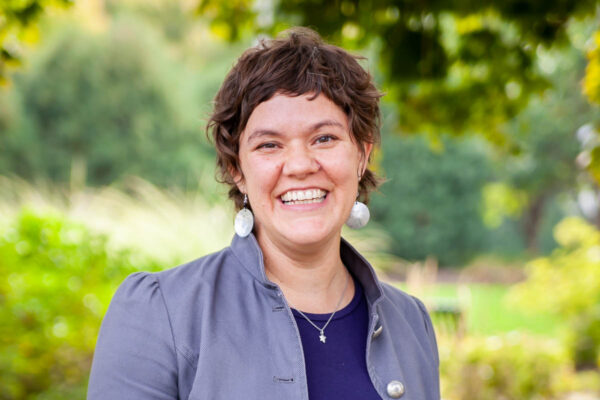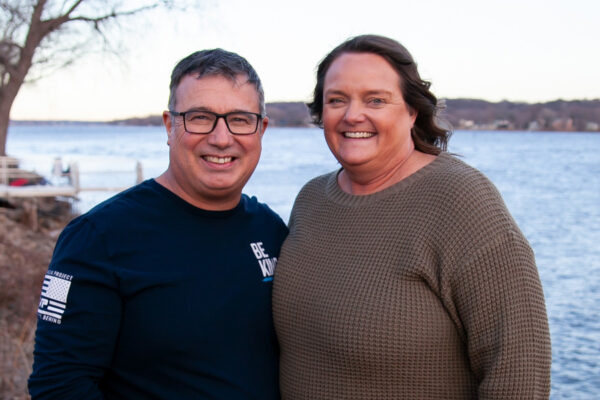Responding to human trafficking
Brittany ran away from her mom’s house, got into trouble.
Sara was raised in a loving home, surrounded by friends and family.
Christi was involved in church, a good student, and had a lot of friends.
Today, they are all survivors of human trafficking.
“I was just taken advantage of every day, and I was raped constantly, I was beaten. I was just stripped of everything physically and emotionally,” Christi says in a documentary for Braking Traffik, an organization dedicated to ending human trafficking in the Quad Cities. “You hear all of these crazy stories…it can happen to anyone.”
The documentary is called Any Kid, Anywhere. Sarah Jones of Braking Traffik will speak at St. Paul on Thursday, March 31, 6:30 p.m., for the Women of the ELCA spring general meeting. Refreshments will be served. To sign up, visit the Info Center or stpaulqc.org/signups.
Braking Traffik provides training on sex trafficking to Quad City organizations which respond to and care for victims. They also provide general awareness training to community, civic, and religious organizations.
Legislatively, they work to continually strengthen Illinois, Iowa, and federal laws which provide justice for victims.
And, the staff and volunteers of Braking Traffik coordinate efforts among social service providers, medical personnel, law enforcement, and faith-based groups to ensure victims receive the holistic care they need.
“We talk a lot about ending demand,” said Sarah, who is serving with Braking Traffik through an initiative with the Christian Church (Disciples of Christ) that helps young adults discern a call.
The organization also works to reduce victim blaming – such as asking why victims don’t just escape from the situation. “Just because someone made a bad choice doesn’t mean they are choosing to be trafficked,” Sarah said.
The Women of the ELCA is one of several organizations across the world that is raising awareness about the issue of human trafficking.
Human trafficking is the third-largest criminal industry in the world, after drugs and arms trafficking. The Polaris Project, an anti-trafficking organization, says:
■ More than 12 million people worldwide are trafficked for forced labor or sexual exploitation.
■ More than 200,000 children are at high risk for sex trafficking and commercial sexual exploitation in the United States every year.
Furthermore, the National Coalition Against Domestic Violence reports that:
■ More than 80 percent of trafficking victims are female.
■ 50 percent of trafficking victims internationally are under the age of 18.
■ Annually, an estimated $9.5 billion is generated through trafficking activities, with at least $4 billion attributed to the international brothel industry.
In the Quad Cities, Braking Traffik partners with a variety of organizations. For example, they worked with the Davenport Rotary on SOAP: Save Our Adolescents from Prostitution. The effort is to distribute bars of soap with the National Human Trafficking Hotline number. Additionally, free education is offered to hotel/motel employees to raise awareness and assist them with possible interventions.
A billboard campaign in January highlighted ending demand. The billboards went up in Davenport and Rock Island. “If you look at pornography…if you visit strip clubs…you are contributing to human trafficking. End demand.”





melody schnell
I don’t think the general population has a clue. Do you go to the schools?